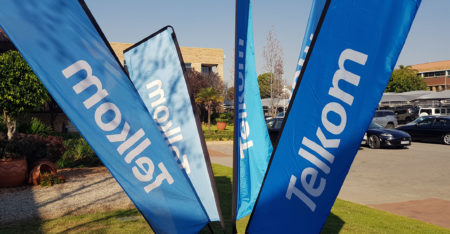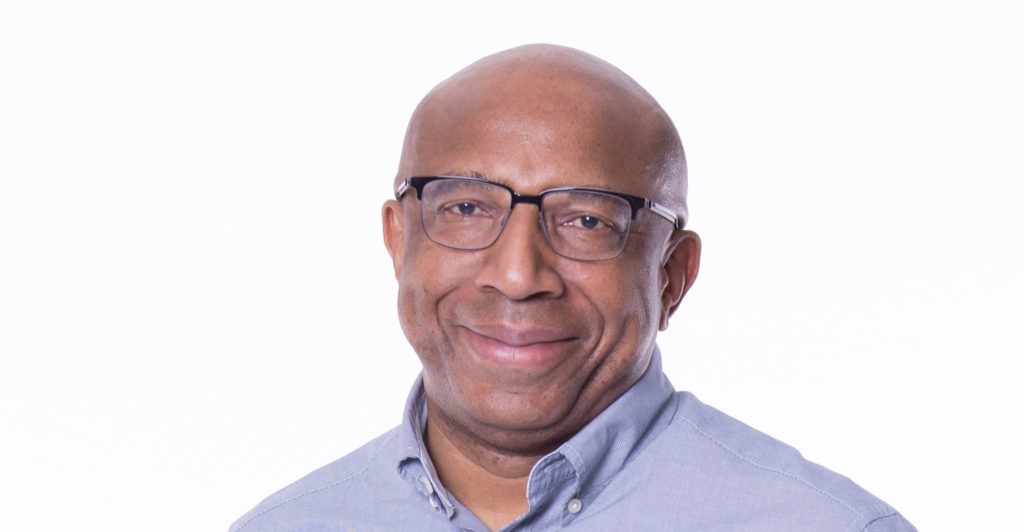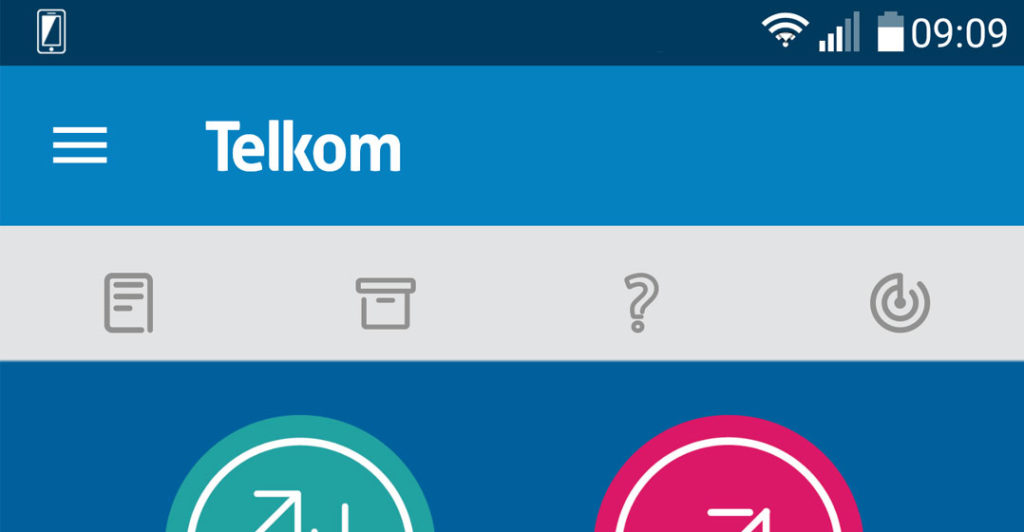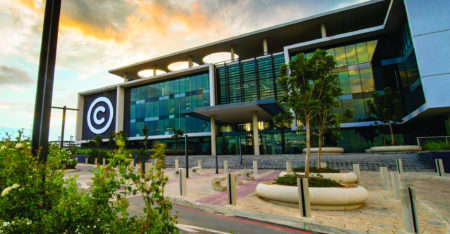The strong full-year financial results published by Telkom on Monday “underscore the correctness” of government’s decision not to further privatise the JSE-listed company, telecommunications & postal services minister
Browsing: Telkom
Telkom said on Monday that full-year earnings and the dividend both rose as South Africa’s biggest landline provider enters a new phase of growth by giving more autonomy to its four business units. Earnings per share excluding one-time items increased by
Telkom said on Monday that the number of fixed lines in service has fallen by 8,2% over the past year, to less than 3m, its lowest level in at least two decades, though this was offset by a 9,8% improvement in revenue per fixed access line and a strong performance in mobile
Telkom’s data-led FreeMe tariff plans, launched in the middle of 2016, appear to have taken the market by storm, with the company reporting service revenue growth of 38,4% from its mobile business driven by an increase in the active subscriber base, which
Cell C has unveiled new tariff plans called Connector aimed at heavy voice and data users. The plans offer up to 3 000 minutes of airtime to call any local network, a thousand SMSes and up to 50GB of data.
On TalkCentral this week, Duncan McLeod and Regardt van der Berg chat about the looming restructuring at Telkom. Also this week, they look at Cell C’s new tariff plans (are they a response to
elkom, taking the next step in a four-year turnaround under CEO Sipho Maseko, will overhaul its structure to spur profit and may consider offering stock in some of its units in the future. A new holding company format
Telecommunications & postal services minister Siyabonga Cwele is poised to announce in parliament on Wednesday that there has been a…
Telkom wholesale division Openserve is cutting IP Connect prices again in a move that should ultimately lead to lower prices for fixed-line broadband users. IPC is the way in which Internet service
Telkom’s share price on Friday was testing highs not seen in eight years after the telecommunications company released a positive earnings update that delighted investors. The share was last quoted at R82, just










